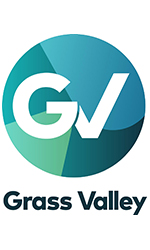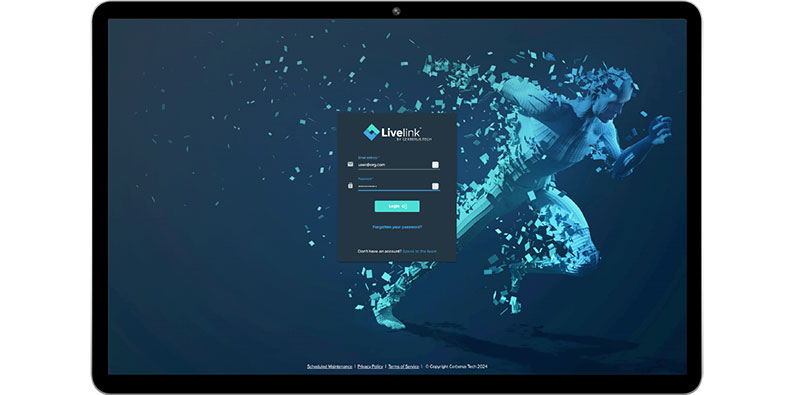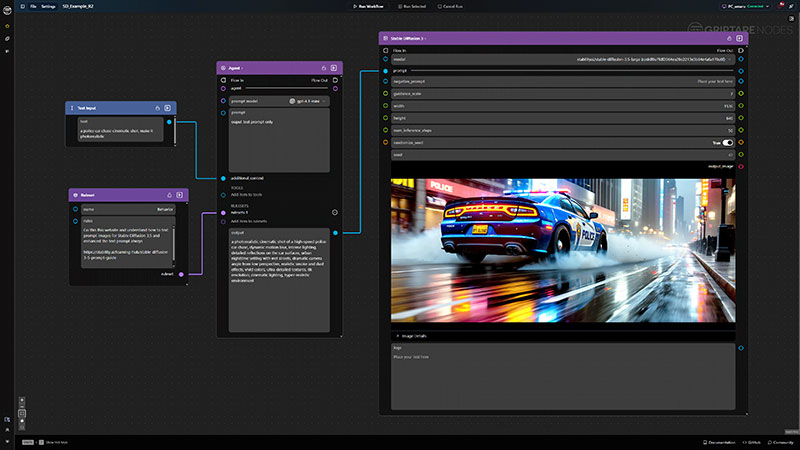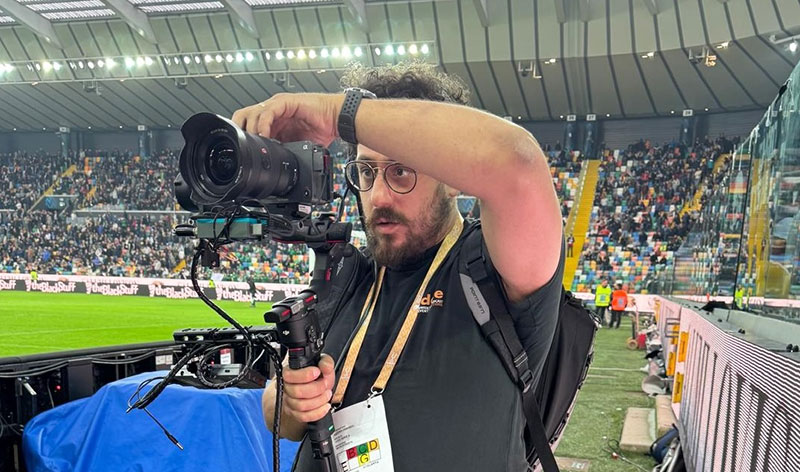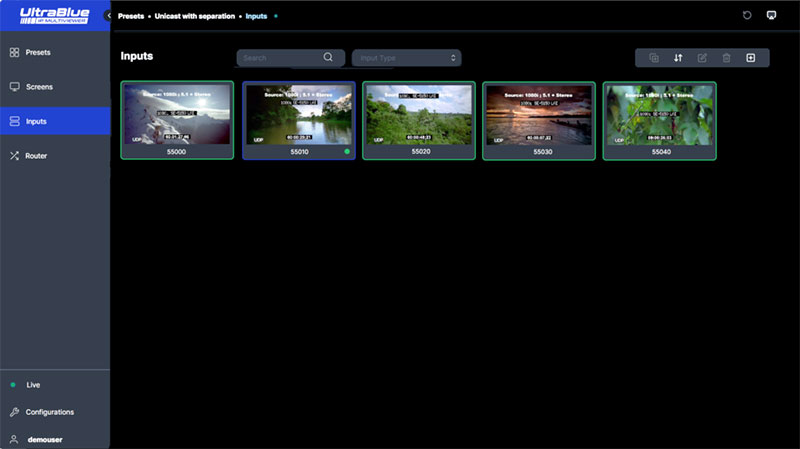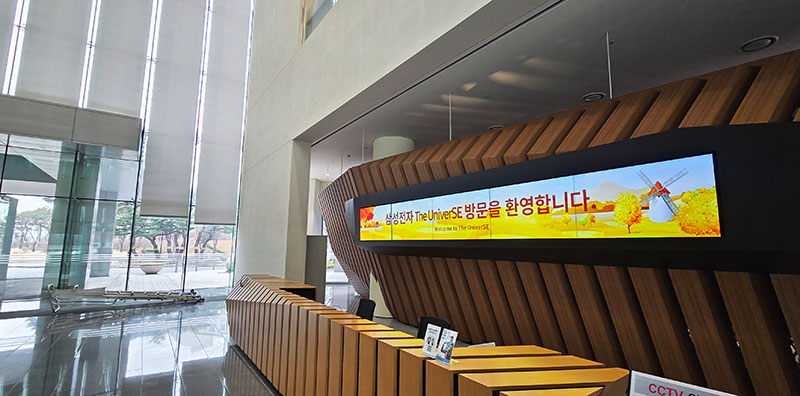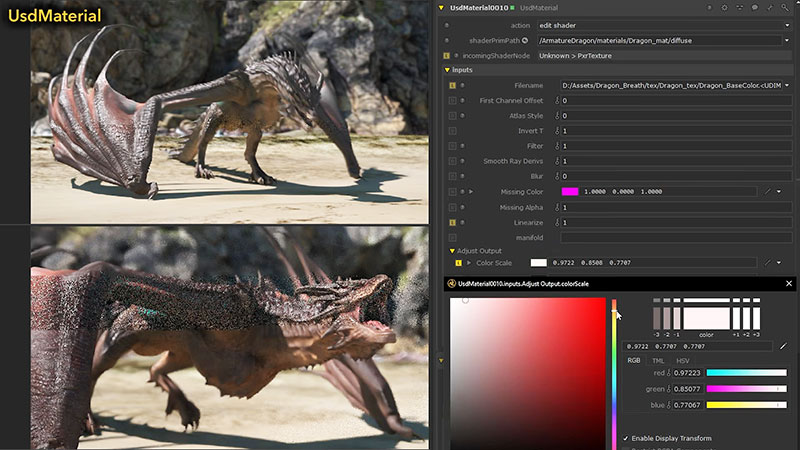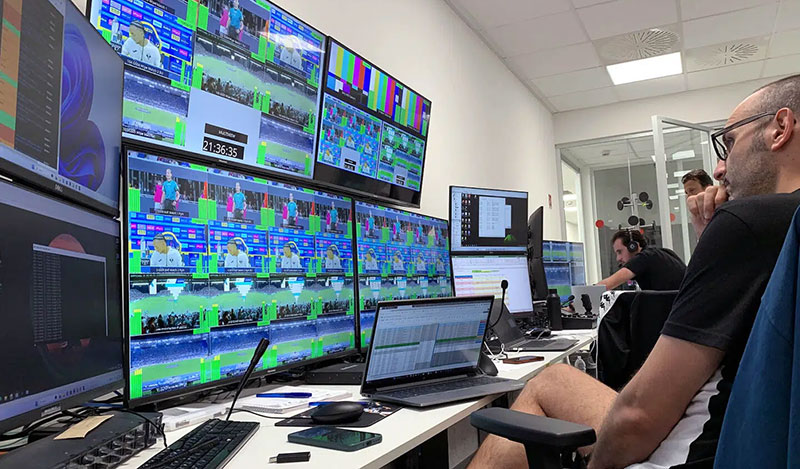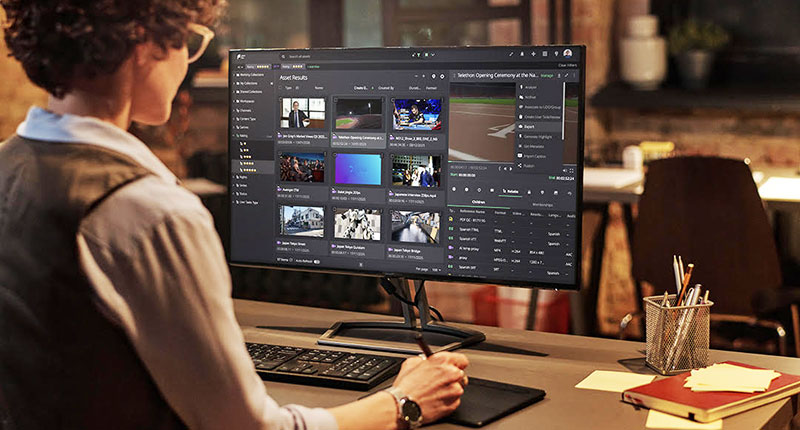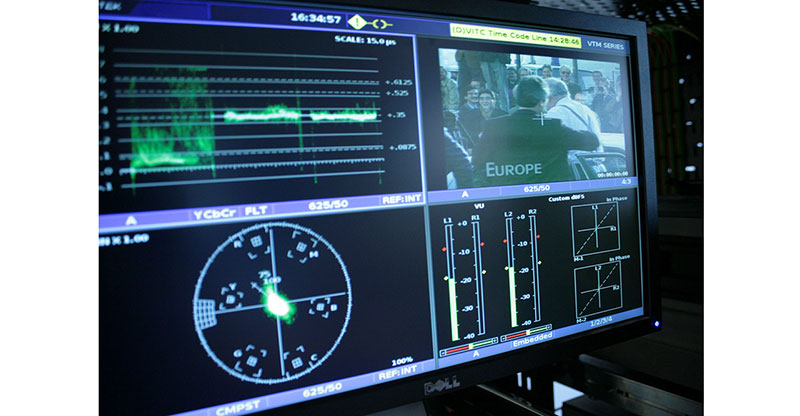Veritone’s Jennifer Goode talks about their generative AI media intelligence tool that opens conversational data exploration and activation, generating value from content investment.

Veritone’s new conversational intelligence software, Ask Veri, was developed for users of Veritone’s Digital Media Hub (DMH), the company’s AI-powered asset management, tagging and monetisation system. Ask Veri is a chat-based tool, running on generative AI, that can extract insights from media archive data, ready for use in dynamic workflows.
Jennifer Goode, Director of Product Marketing, Veritone talked to Digital Media World about the purpose and potential of Ask Veri, and why it is an important development for the company’s DMH customers. “Media professionals and content owners face a challenge today. Not only are production and consumption growing fast, but the content lifecycle is also shrinking,” Jennifer said.
Recognising Value
“Meanwhile the pool of data becomes more and more abundant. As a result, the ability to quickly understand and act on data insights is imperative for staying ahead. Ask Veri’s conversational approach essentially allows Digital Media Hub users to ‘talk to their data’, making data exploration simpler.
“Content owners can more readily recognise the value in their content investments, including those aspects that may be lying dormant. In the broadcast and M&E space, for instance, users can make informed decisions faster, highlight high-performing content and optimise engagement with audiences.”
Designed as an enhancement for DMH, Ask Veri makes use of generative AI models to respond to queries and can produce in-depth analysis, summaries and relevant results from users’ digital media collections. Through Ask Veri, an organisation can formulate their own queries, seeking trends surrounding their users’ activity, for example, or sourcing all available footage of a particular celebrity at a particular place and time. Another option is to use the suggested queries in the interface to adopt a standardised start point for gathering further insights.
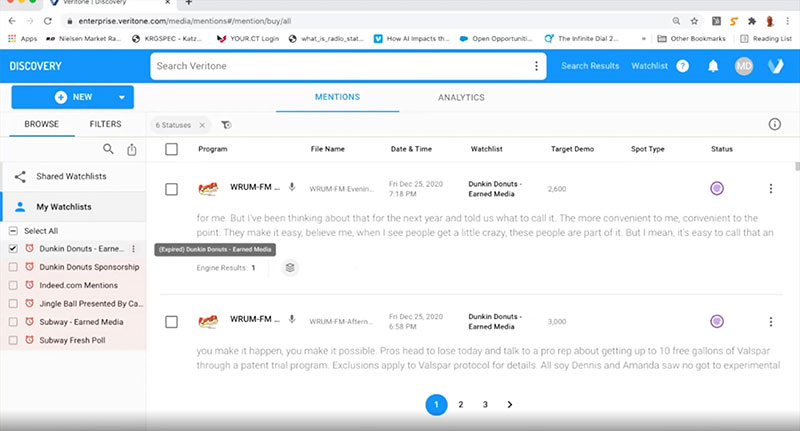
Model Training
To train Ask Veri’s model, Veritone draws from clients’ Digital Media Hub data, sourced from Veritone Data Lake. “Data sources include user engagement KPIs, helping identify engagement trends and most active accounts, as well as user interests manifesting as search queries,” Jennifer said. “Other sources include media ingestion and processing stats and trends, media cognition, and orders. In other words, the data context of the Ask Veri answers is live data from data sources.”
However it’s important to note that no client data is directly utilised for model training. Continuous monitoring of carefully anonymised and aggregated user interaction patterns enables Veritone to fine-tune large language model (LLM) requests, and refine suggestions, algorithms and ranking of LLMs, resulting in improvement of response accuracy over time.
Getting Started
Ask Veri uses Veritone’s industry experience and knowledge base to generate both open-ended and template query prompts for users. Versatility in query type can help organisations understand the nature of their media asset data, especially if they are not sure where or how to start discovering their content, and use the insights to differentiate themselves in the market.
Jennifer said, “Open-ended prompts are more conversational. For example, users can formulate simple questions or directions, such as ‘What is the trend of monthly user activity?’ or ‘Source all available footage of Caitlin Clark during the NCAA tournament’.
“Template queries, on the other hand, are programmed in such a way as to remove guesswork and form a starting point for gathering the right kind of insights. These suggested prompts and links can lead to shortcuts to frequently asked analytical types of questions, or suggest particular reports for further exploration.”
Content Creation
Ask Veri comes at a time when one of generative AI’s most prominent use cases is content creation, aiming to simplify and support the overall content development process. As well as gaining insights about the content itself, users can analyse the activity within their digital media hub to make data-backed decisions and, from there, optimise their media management.

Jennifer commented that this is particularly helpful if a content developer is using Veritone DMH for monetisation – for example, watching the frequency of sales on certain types of content. “A user could ‘Ask Veri’ what performs best with their audience, and then be able to prioritise higher value content, make it more readily available to buyers and monetise it to a greater degree,” she said. “Moreover, the conversational nature and thoroughness of Ask Veri ensures that content that might otherwise get overlooked is properly utilised and monetised.
The Performance-enhancing Engine
For DMH customers – which include TV networks, studios, production companies film and studio archivists – Ask Veri can make it unnecessary to work with multiple data analyst resources or reporting tools. “Although Ask Veri, in its current iteration, is exclusive to Veritone DMH and is designed for greater efficiency in the day-to-day, it also outputs actionable intelligence in seconds for clients to make wider data-informed decisions – optimising their content libraries and archives,” said Jennifer. “In this way, Ask Veri is not a replacement but an enhancement to the existing DMH framework.”
In general, Veritone sees that conversational assistant tools are on the rise – increasingly supporting systems beyond media management as vendors explore more ways to apply AI to their businesses. As Jennifer emphasised, the company focusses on deploying AI in ways that makes people better at their jobs.
“In this case, we understand that media management professionals have a lot on their plates as budgets are trimmed and resources are scarce,” she said. “Nevertheless, the demand for content grows, and as that continues to define our work, we're not seeking to replace tools, but rather equip humans with technology that enhances their performance.” veritone.com

